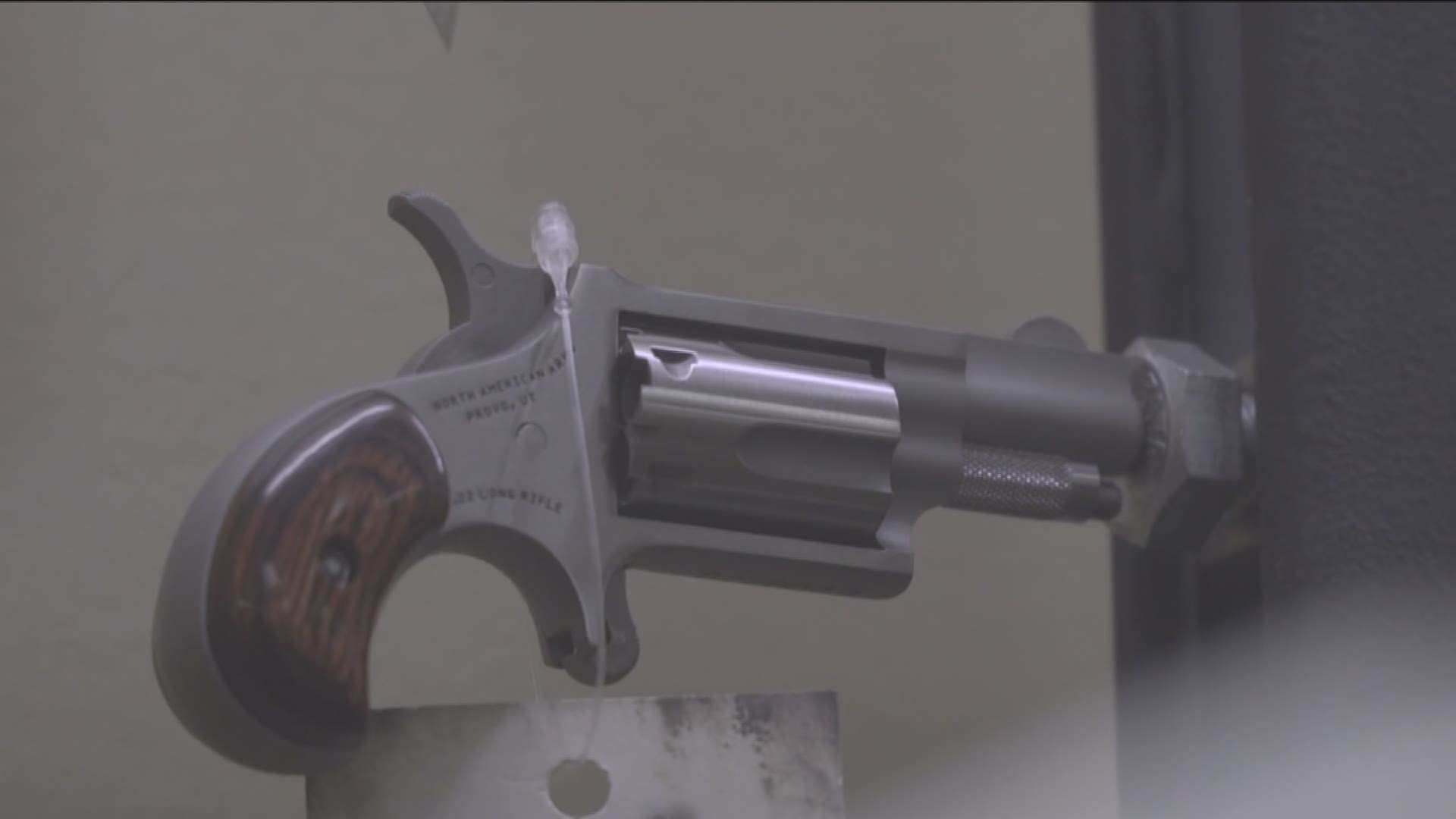FREE GUN!
Two words that would make any gun enthusiast pant. Even the prospect of a free firearm — especially in a time where, some would argue, the government is out to take guns — could be as valuable as... free health care?
Let's not go there.
We're here to talk about gun raffles, how they work, and how are they legal.
First things first, unlike raffling off an iPod or subscription to Omaha steaks, gun raffle winners have to jump through a few additional hoops before claiming their prize, at least according to California law.
"Any time any organization wants to do a gun raffle, all the guns will be stored or brought into an FFL, which would be a Federal Firearm License holder," said Josh Deaser, owner of Just Guns and the co-host of the Just Guns Radio Show here in Sac.
Once a winner is chosen, Deaser said, they're asked to visit the store holding the gun, where they'll begin their background check before they can claim their weapon.
"They’ll fill out all the proper paperwork, they’ll wait the 10 days, the background check will be conducted by state and federal, and then after the 10-day wait — being that they are approved — then they’ll be able to take the gun home," Deaser said.
Here’s where things get tricky, though.
According to an example provided on the ATF’s website, organizations wanting to raffle off a firearm can do so, and give the gun away to the winner, without that person having to fill out any forms being completed or a background checks conducted.
That’s where California’s strict gun laws come into play, which state “all firearms purchases and transfers, including private party transactions and sales at gun shows, must be made through a California licensed dealer.”
"State laws cannot be less restrictive than federal laws, but can be more restrictive than federal laws," said ATF spokeswoman Janice Kemp. "The organization is no different than a citizen who is legally able to own a firearm and wishes to sell that firearm to another person. That individual is not a licensed dealer. Therefore the sale or transfer is legal under federal law so long as the person transferring or selling the firearm is not knowingly transferring the firearm to a prohibited person."
Federal gun laws are much more lax on the transfer of weapons between two private parties, such as an organization raffling a gun they’re unlicensed to sell and the winner of the raffle.
This gap in federal firearm law continues to be one of the chief arguments used for increased gun control, as well as cited by those who disagree with strict state laws.
"If an organization came out to our business and said, 'Ok, you know, we want to…we’re raffling off a gun,' the gun will be here, we may display the gun, but the gun will not display the premises," Deaser said. "It would not be done, they would not be able to take it home that day. Nothing like that. And, it’s usually we have it locked, it’d be locked up in a way in which nobody could go with it as well."
California is among nine states that require background checks during firearms transfers. So, at least for now, gun raffle winners won’t have the instant gratification of victory, say, the winner of a new iPod.

